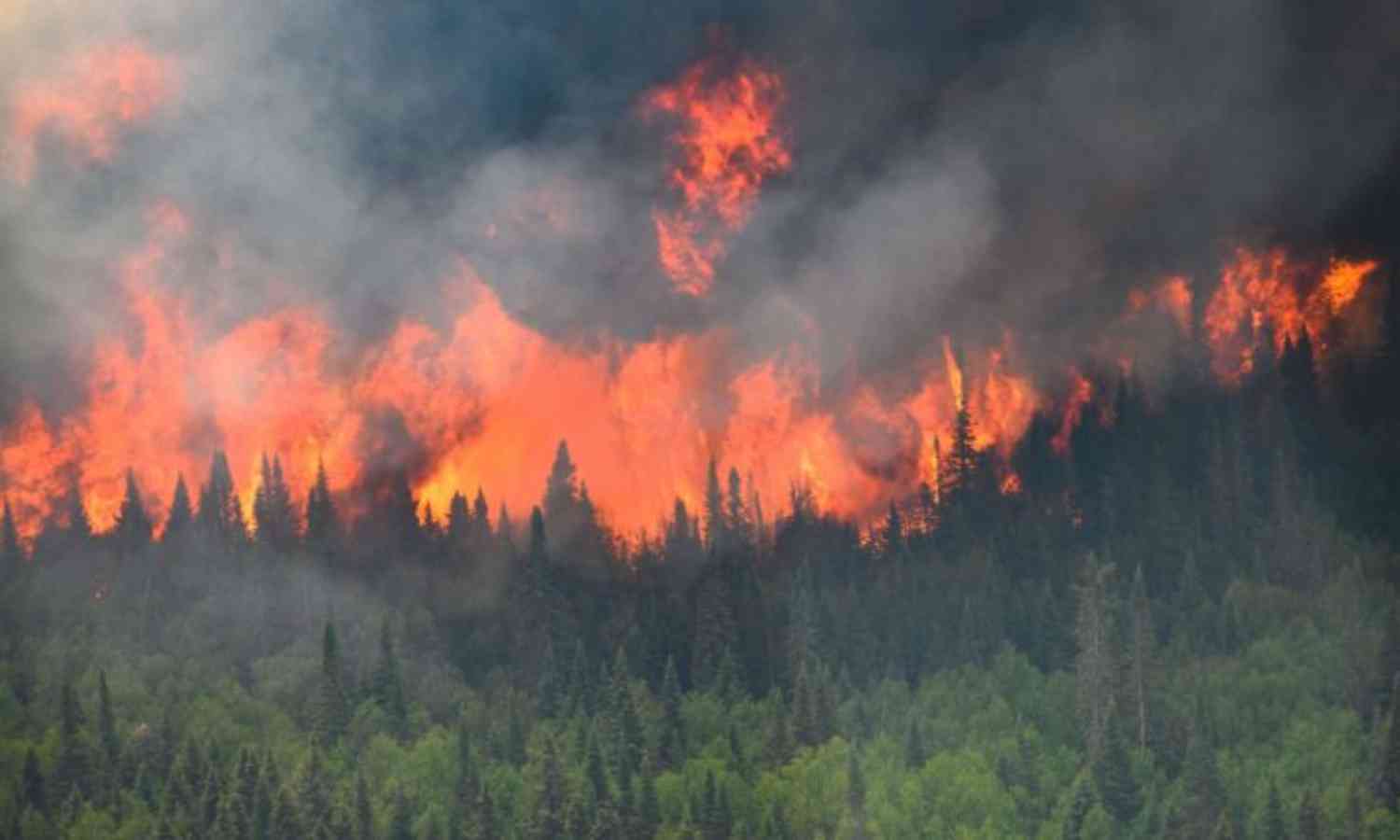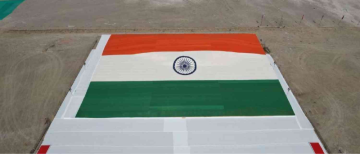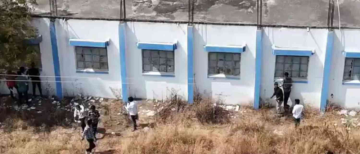Approximately 30,000 households in Canada's British Columbia province have received evacuation orders amidst the onslaught of nearly 400 wildfires. During the night, two massive fires in the Shuswap area converged, resulting in the destruction of residential blocks and other structures.
In the southern region, access to the lakeside city of Kelowna has been limited due to the presence of smoke from nearby fires, shrouding Lake Okanagan. The fires have already caused significant damage to residences in the neighbouring city of West Kelowna, which has a population of 36,000. To ensure sufficient accommodations for evacuees and emergency personnel, travel to Kelowna, as well as other towns like Kamloops, Oliver, Penticton, Vernon, and Osoyoos, has been curtailed.
_1692675911.png)
Several hundred miles to the north, a massive fire is steadily advancing towards Yellowknife, the capital of Canada's Northwest Territories. Despite an official evacuation deadline that expired on Friday, it was reported that nearly all residents, totalling around 19,000 out of 20,000 inhabitants, had successfully departed either by car or aeroplane. The remaining individuals, including 39 patients from a hospital, were relocated to alternative facilities as the final group to be evacuated from the city.
Shane Thompson, the Minister of Environment and Communities, noted that some individuals had chosen to remain in their residences, a practice known as "sheltering in place," but he strongly encouraged local residents to prioritize their safety and leave the affected areas.
_1692675948.png)
In British Columbia, more and more homes are being told to evacuate. On Friday, around 15,000 homes were given the order to leave, but by Saturday evening, that number had grown to at least 30,000. Additionally, about 36,000 homes have been told to be ready to evacuate if needed.
The province's emergency management minister wants everyone to understand how important it is to follow these evacuation orders. Bowinn Ma explained that these orders are not just for the safety of the people living in those homes, but also for the safety of the first responders who might have to go back to help convince people to leave.
The leader of the province, Premier David Eby, stated that around 35,000 people have been officially told to evacuate, with 30,000 more being advised to get ready to leave if necessary. Canada is currently experiencing its most severe wildfire season ever documented, with over 1,000 fires ablaze nationwide, as reported by the Canadian Interagency Forest Fire Centre (CIFFC). Specialists emphasize that the changing climate contributes to a higher likelihood of the hot and dry conditions that intensify the danger of wildfires.

























